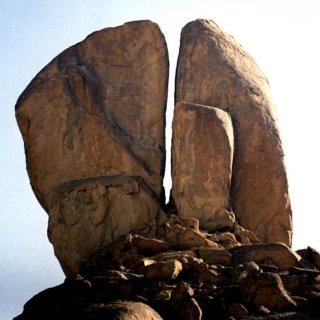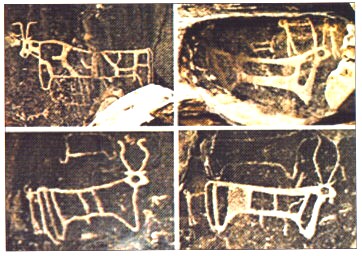Matthew 28:18-20, And Jesus came and said to them, “All authority in heaven and on earth has been given to me. Go therefore and make disciples of all nations, baptizing them in the name of the Father and of the Son and of the Holy Spirit, teaching them to observe all that I have commanded you. And behold, I am with you always, to the end of the age.”
Joey Shaw reviews some of the many misunderstandings of “The Great Commission”.
In discussing the context he notes:
Jesus spoke these words to his followers before ascending back to heaven to be with the Father. His followers were left to discover the Holy Spirit and to change the world through one simple process – making and multiplying disciples [learners] of Jesus. Many people teach on this passage… most of us don’t regularly obey it. Below are five of the more common myths about the Great Commission that lead us to miss out on disciple making.
The five that he covers include:
1. The myth of accidental discipleship.
2. Crossing cultures is a step beyond the general mandate.
3. Jesus wants converts.
4. When I am ready and able, I will start making disciples.
5. Making disciples is great advice.
From his conclusion:
The fact is, though, that the Great Commission is a commandment coupled with the commissioning of Jesus. Jesus said, “If you love me, you will keep my commandments” (John 14:15). Jesus expressed the same truth inversely, “Whoever believes in the Son has eternal life; whoever does not obey the Son shall not see life, but the wrath of God remains on him” (John 3:36, italics added). In other words, the measure of one’s love for Jesus is one’s obedience to Jesus!
You cannot love Jesus and not obey him. Stated inversely, you cannot disregard the Great Commission and claim to love Jesus. The command is simple, “go and make disciples”. Ask yourself, “Am I currently making disciples of others?” If not, why not ask yourself, “Will I today commit myself to beginning the process of making disciples of Jesus?”





